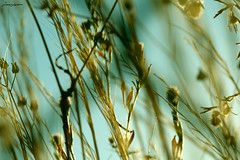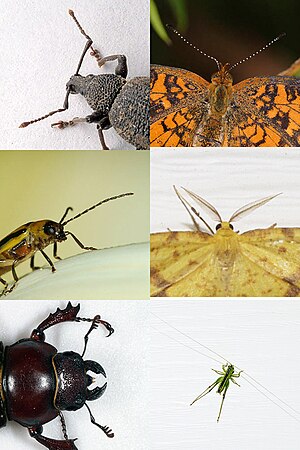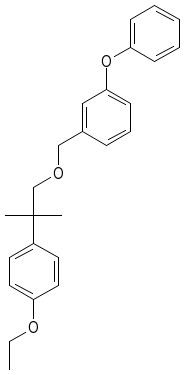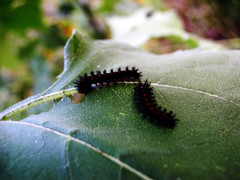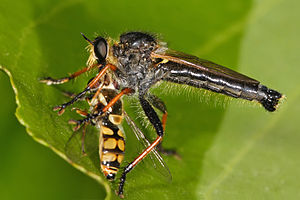If you're reading this blog, it's probably no surprise to you that chemical pesticides are an environmental and health hazard. Large scale commercial farmers use chemicals to kill bugs that harm their crops. While it’s understandable to want to protect crops and maximize production, it shouldn’t be at the expense of your health or our water supply. The good news is there are sustainable practices to keep slugs and bugs and other unwanted pests off your garden fruits and vegetables.
Make Your Own Natural Pesticides
* To combat caterpillars, aphids, and several types of worms, mix together a gallon of water and a cup of tobacco. Allow the mixture to set for a day, until it resembles weak tea. Spray on your garden vegetables. However, steer clear of your peppers, tomatoes, eggplants, or any other member of the solanaceous family, as the tobacco spray can kill them.
* To combat slugs and a number of other insects, mix together one minced garlic bulb, one minced onion, one quart of water, a tablespoon of cayenne pepper and a tablespoon of dish soap. Spray veggies to protect against bugs.
(For more recipes, check back Thursday.)
Other garden pest deterrents include:
* Mechanical devices for soft-bodied pests. Slugs and snails can destroy a garden faster than you can say slime. However, there are a number of measures to get rid of them. A pan of beer, copper wire, salt, egg shells, hair, and sharp rocks or shingles all deter or destroy slugs and snails without the use of chemicals.
* Carnivorous bugs. Ladybugs are wonderful for your garden. They eat aphids, scales, and mites.
* Finally, many plants work quite well to repel bugs from your garden. Some examples include:
- Marigolds repel nematodes, Mexican bean beetles, squash bug, thrips, tomato hornworms, and whitefly
- Geraniums repel cabbage worms and leaf hoppers
- Mint repels ants and aphids, and the cucumber beetle.
What about chemical pesticides?
|
|
| Environmental contamination with pesticides (Photo credit: Wikipedia) |
Chemical pesticides (and there are well over 9,000 different acceptable pesticides approved by the FDA) have a number of health implications.
* Pesticides can be carcinogenic
* Pesticides can cause infertility
* Pesticides can cause neurological complications
* Pesticides can cause birth defects
And a whole lot more. Scientists are only beginning to understand the level of contamination and how pesticides are affecting our health, the health of our children and our planet.
Reduce or eliminate the damage pesticides can cause by buying organic whenever possible and by using natural pesticides when you grow your own fruits and vegetables. No one likes a bug-infested garden; however, it takes just a few simple steps to send these bugs running for the high hills.
For 5 safe and natural home-made pesticide recipes you can make yourself to protect your garden, be sure to check back Thursday!

